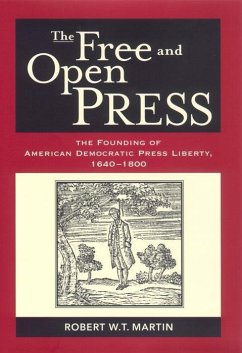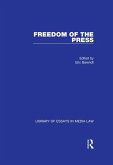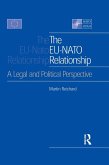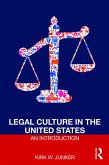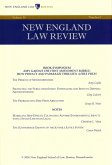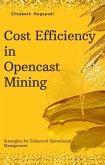The current, heated debates over hate speech and pornography were preceded by the equally contentious debates over the "free and open press" in the seventeenth and eighteenth centuries. Thus far little scholarly attention has been focused on the development of the concept of political press freedom even though it is a form of civil liberty that was pioneered in the United States. But the establishment of press liberty had implications that reached far beyond mere free speech. In this groundbreaking work, Robert Martin demonstrates that the history of the "free and open press" is in many ways the story of the emergence and first real expansions of the early American public sphere and civil society itself.
Through a careful analysis of early libel law, the state and federal constitutions, and the Sedition Act crisis Martin shows how the development of constitutionalism and civil liberties were bound up in the discussion of the "free and open press." Finally, this book is a study of early American political thought and democratic theory, as seen through the revealing window provided by press liberty discourse. It speaks to broad audiences concerned with the public square, the history of the book, free press history, contemporary free expression controversies, legal history, and conceptual history.
Hinweis: Dieser Artikel kann nur an eine deutsche Lieferadresse ausgeliefert werden.
Through a careful analysis of early libel law, the state and federal constitutions, and the Sedition Act crisis Martin shows how the development of constitutionalism and civil liberties were bound up in the discussion of the "free and open press." Finally, this book is a study of early American political thought and democratic theory, as seen through the revealing window provided by press liberty discourse. It speaks to broad audiences concerned with the public square, the history of the book, free press history, contemporary free expression controversies, legal history, and conceptual history.
Dieser Download kann aus rechtlichen Gründen nur mit Rechnungsadresse in A, D ausgeliefert werden.
Hinweis: Dieser Artikel kann nur an eine deutsche Lieferadresse ausgeliefert werden.

